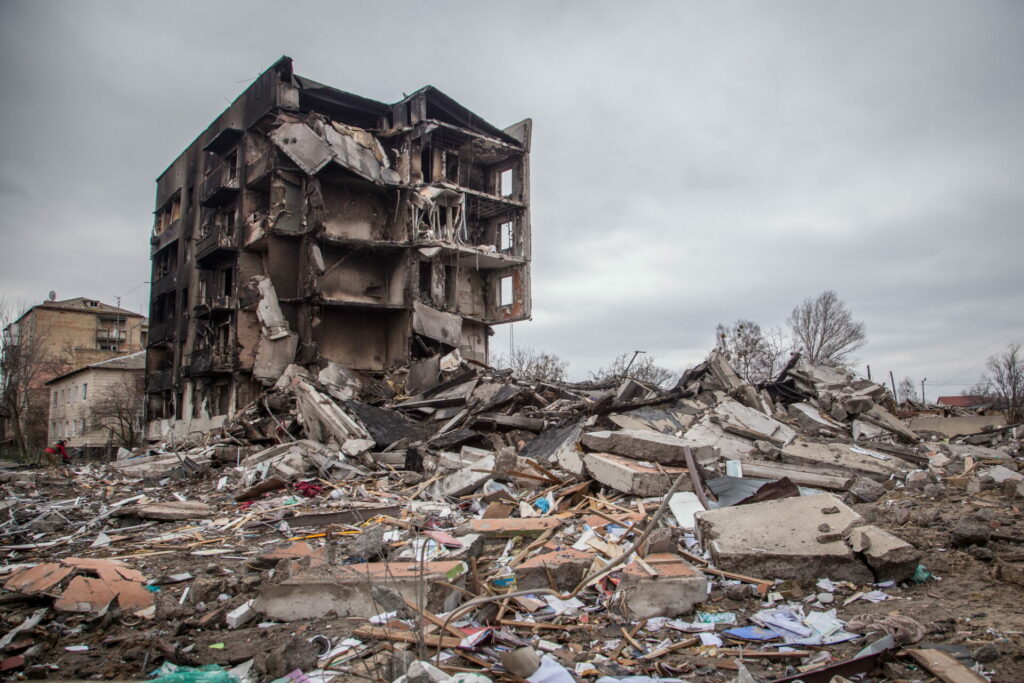Before Ukraine had woken up early on 24 February 2022, Russian tanks began to roll over the border. President Vladimir Putin launched his invasion in an effort to strip the Ukrainian people of their sovereignty, European destiny, and their right to choose their own future. One year on, Ukrainians continue to fight for their survival.
Perhaps the most significant conflict in the 21st century, the war has profoundly impacted the lives of the millions of Ukrainians who were forced to flee their homes. The attack has led to a new era of solidarity in Europe, a "metamorphosis" of the Ukrainian nation and ideology, and trauma among ordinary civilians, as war crimes once again become a European reality.
After a year of the war, civilian and military casualties in Ukraine continue to pile up. Massacres committed by Russian forces, known simply by the names of cities – Bucha, Izyum, Mariupol, Kupyansk – are now etched into the European consciousness.
Europe has stood with Ukraine in its hour of crisis whilst at the same time ordinary citizens have paid the highest price for Western values. In a bid to starve the Russian war machine of valuable resources, Europeans across the continent now pay more for groceries, energy, and fuel.
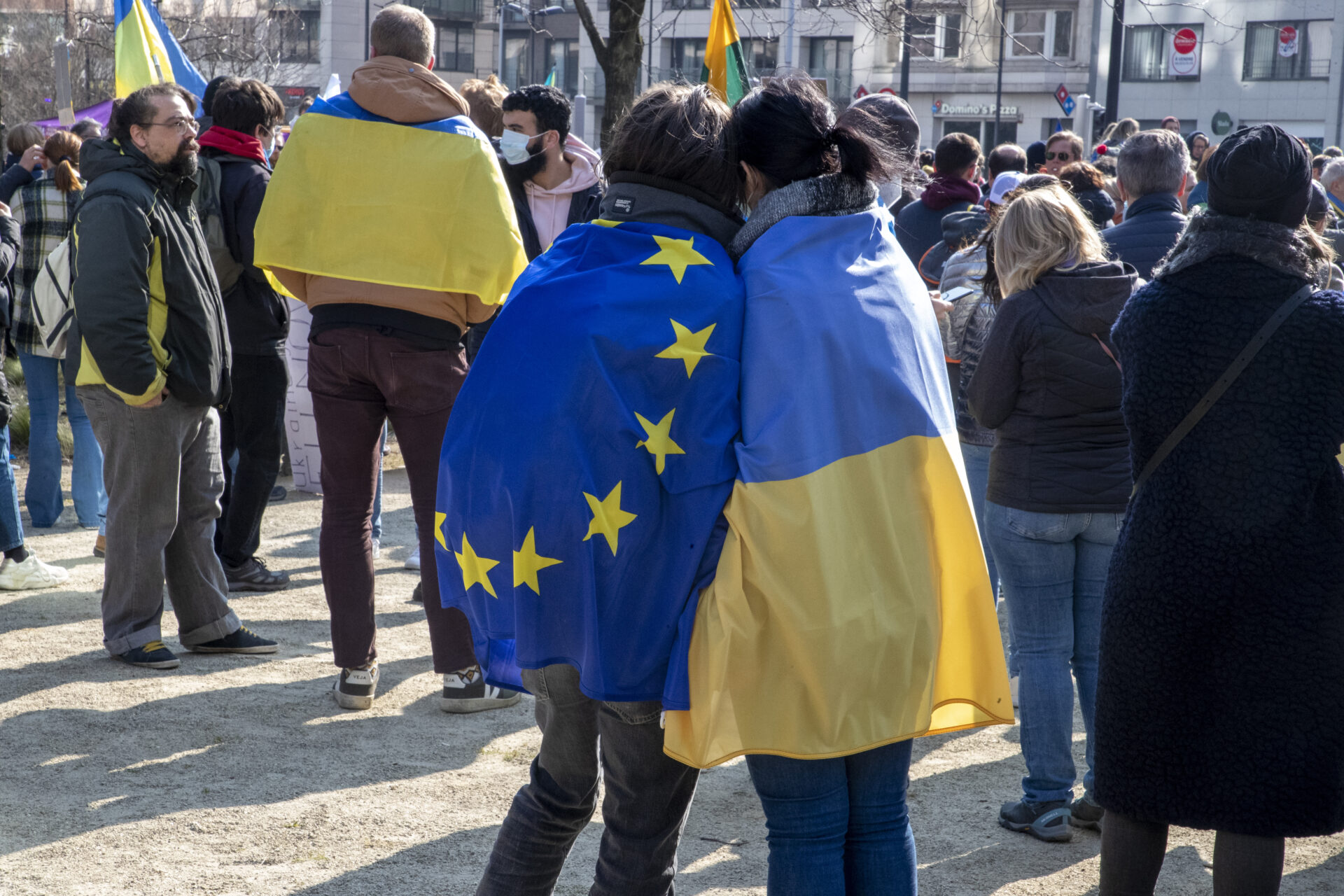
Credit: Belga / Nicolas Maeterlinck
The European Union and its Member States have dug deep to support Ukraine, both through military and civilian support. Since the start of the war, European institutions have pledged over €49 billion for Ukraine, including another €18.4 billion for Ukraine.
In terms of military support, European nations and their Western partners have spent over €143 billion in military, humanitarian, and financial support to Ukraine. As of the start of February 2023, Belgium has sent €245 million in military and civilian aid – around 0.05% of GDP.
Others have been more generous and as a fraction of GDP, Belgium is only the 25th largest donor to Ukraine in Europe. Likewise, Belgium has failed to rein in its diamond industry, which still imports massive amounts of Russian gems. Some Belgian companies still skirt sanctions against Russia or refuse to exit the market completely.
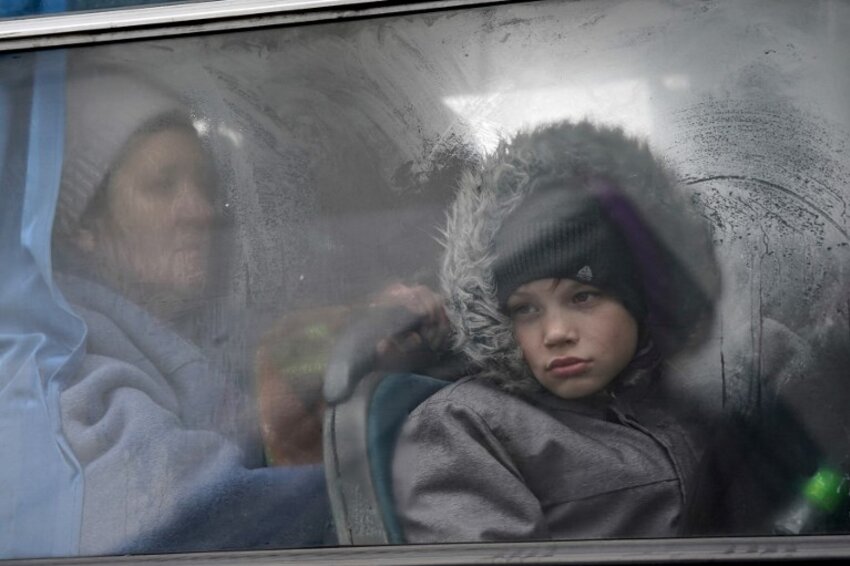
Credit: Belga
Despite this, EU nations have welcomed over 4 million Ukrainians, including more than 50,000 in Belgium. Some have even sheltered refugees who have lost their homes, livelihoods, and often families. Europeans have raised millions on behalf of charitable organisations and turned out in droves to support rallies against Russia’s war.
A new generation of child refugees is traumatised by war and the destruction of their homes. The emotional needs of children arriving in Belgium are significant and international charities emphasise the need for specialised facilities.
In Belgium, the reception system was quickly overloaded by a large influx of Ukrainian refugees. Waiting in giant queues outside these centres, many people came with nothing, some narrowly escaping death. Now, the vast majority of families have now been homed and refugee flows have since fallen to manageable levels. But some Ukrainians fell through the cracks, ending up sleeping rough.
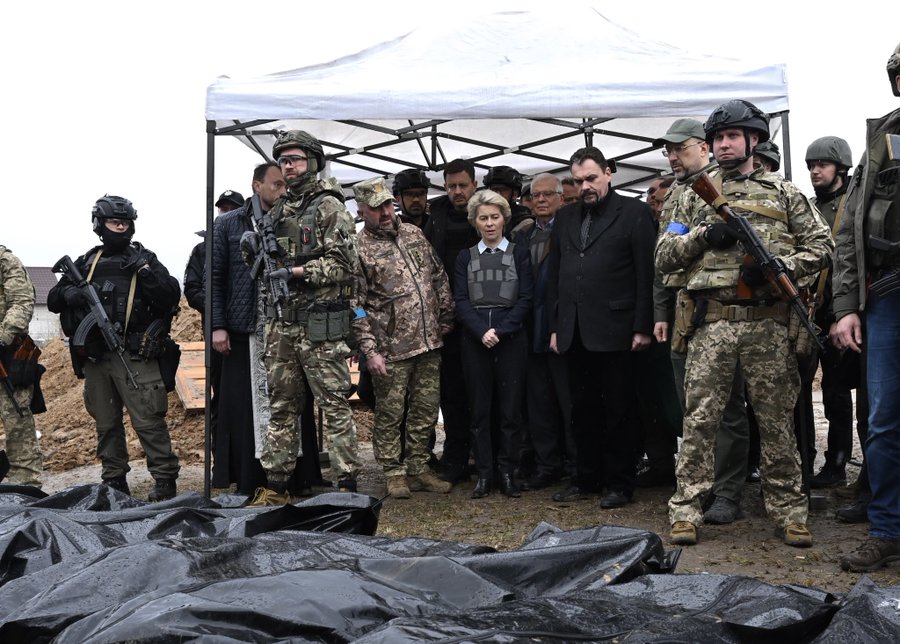
European Commission President Ursula von der Leyen and High Representative Josep Borrell in Bucha outside Kyiv where atrocities were disclosed after the Russian troops had retreated from the town, credit: EU
Reporting on the war in Ukraine has posed new challenges for media organisations, including The Brussels Times. In the first few weeks of the war, the fate of Ukraine, and the pace of reporting went hour by hour as Russia pressed its assault against the Kyiv region and Ukraine’s capital.
As Russia's offensive failed and Ukrainian forces drove invaders out of the Kyiv Oblast, Kharkiv Oblast, as well as the cities of Kherson and Kupyansk, it became clear that the hope of conquering Ukraine swiftly would not be realised. Ukraine’s battlefield successes have led to a protracted war.
Keeping the conflict in the public consciousness is an important part of European solidarity and is all the more important against the context of growing ambivalence towards the Ukrainian plight abroad.
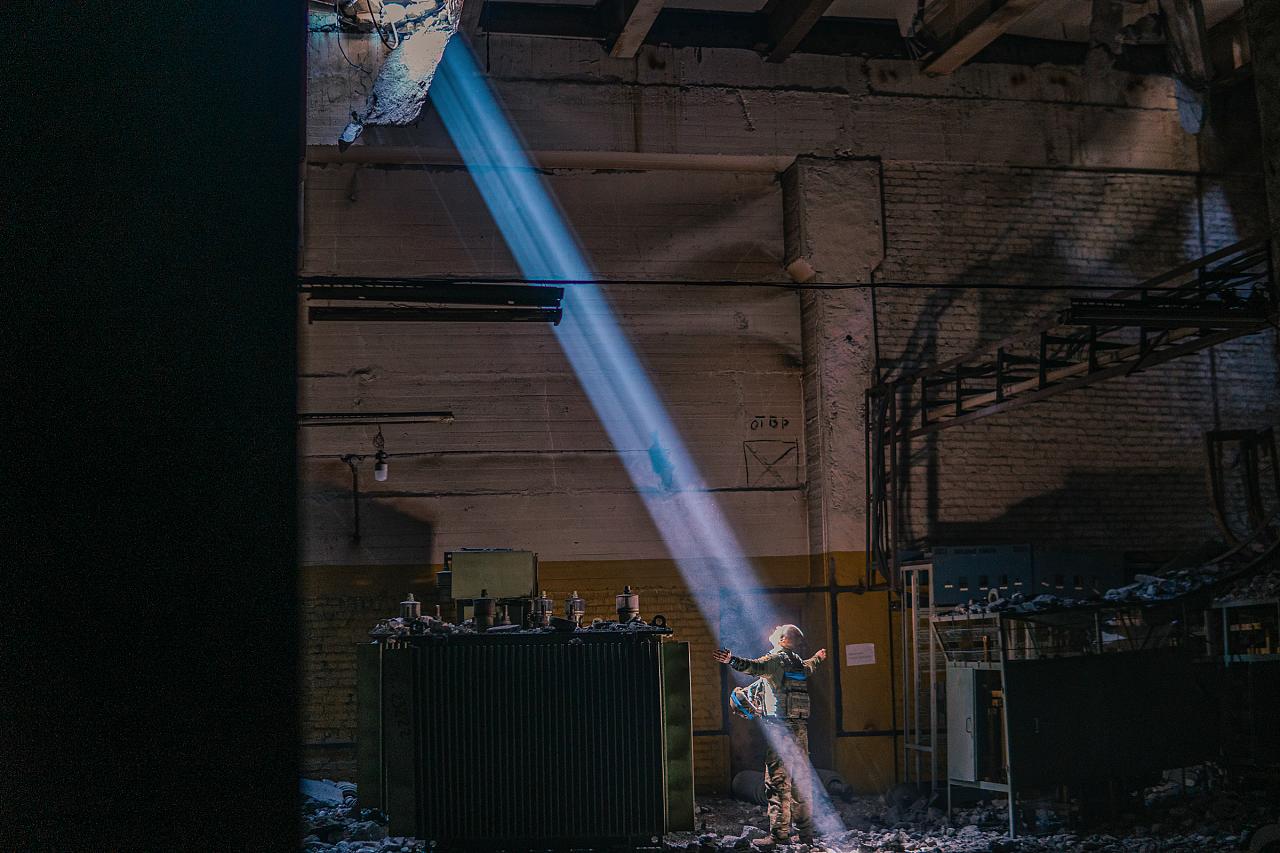
Ukrainian soldier stands in a ray of light at the Azovstal steel plant, published shortly before their surrender. May 2022. Credit: Dmytro ‘Orest’ Kozatsky / Azov regiment
One year of Russian aggression has shown the world the power of solidarity in the face of barbarism and crime against humanity. Despite the countless civilian and military casualties, the Ukrainian people have not been broken. Europe's support for Ukraine, both through military and civilian aid, has been unwavering and the sacrifices made by ordinary citizens demonstrate the belief in European values.
Yet as the conflict wears on, it is essential that the media continues to report on the situation and make Ukrainian voices heard. One thing is clear: Europe's commitment to Ukraine is unconditional and the fight for Ukraine's sovereignty and right to choose its own path away from Russia will continue.
Слава Україні!

